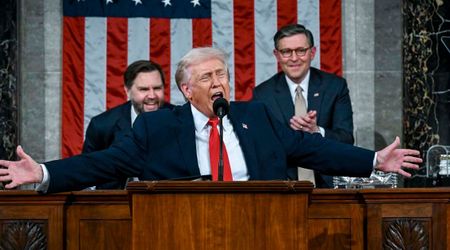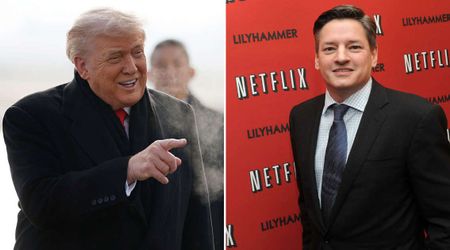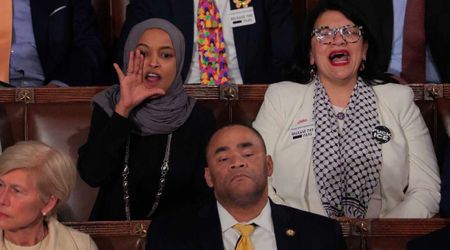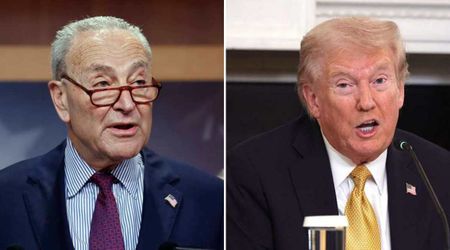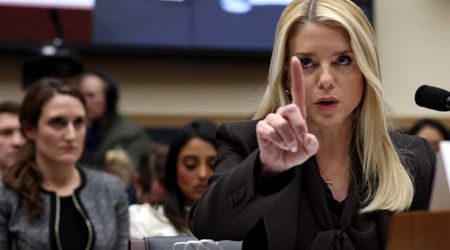SCOTUS slammed as Samuel Alito dissents in ruling favoring Biden administration over social media censorship
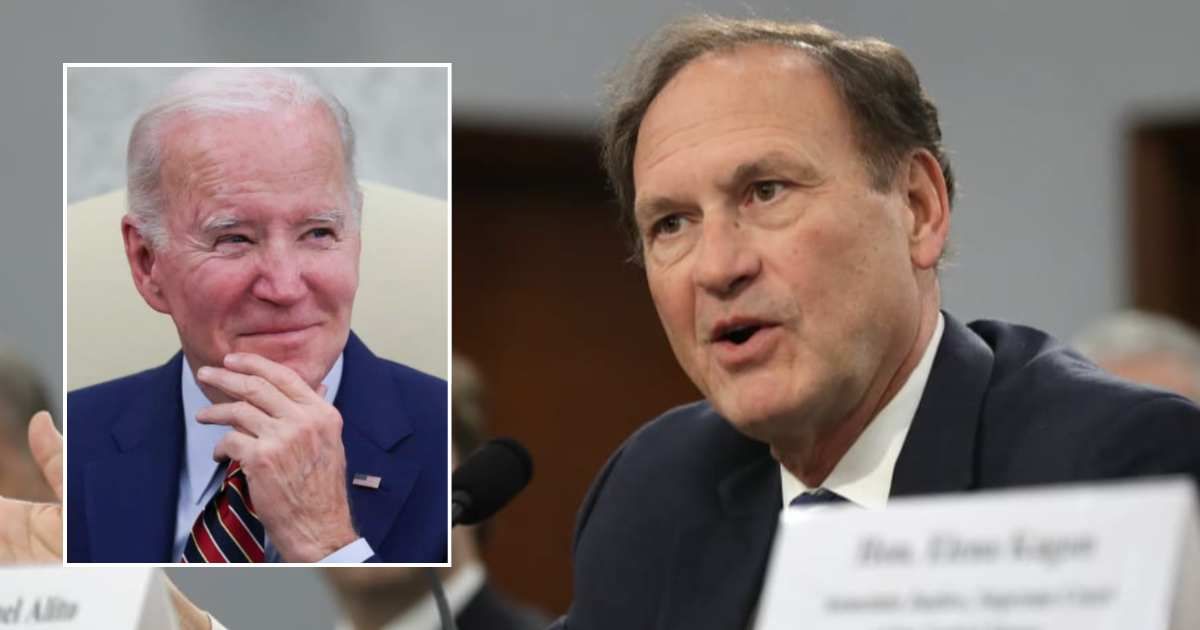
WASHINGTON, DC: Supreme Court Justice Samuel Alito has voiced strong criticism against the Biden administration for allegedly "coercing" social media platforms during the pandemic.
On Wednesday, the Supreme Court dismissed a challenge against the Biden administration, accusing it of improperly working with Big Tech companies to censor social media posts labeled as “misinformation” about the Cocid-19 pandemic and other subjects.In a 6-3 decision, the justices ruled that the plaintiffs, led by the attorneys general of Louisiana and Missouri, lacked the standing to pursue the case.
Justice Samuel Alito, joined by Justices Clarence Thomas and Neil Gorsuch, dissented with a strong warning that America "may come to regret" the majority's decision.
The plaintiffs had sought an injunction to limit the administration’s ability to “coerce” social media platforms like Facebook and X into removing certain posts. They argued that the Biden administration abused its regulatory power to infringe on the First Amendment by requesting the removal of content related to Covid-19 vaccines and other issues.
In his dissenting opinion, Alito argued that the Trump administration also "wielded significant power" over Facebook.
Supreme Court's decision and Justice Samuel Alito's dissent
In a 6-3 decision, the Supreme Court ruled in favor of the Biden administration, stating that the plaintiffs, which included Republican-led states, lacked standing to sue the federal government over alleged injuries resulting from content moderation practices.
Alito highlighted that the Biden administration wasn't the first to exert influence over social media platforms.
"Previous administrations have also wielded significant power over Facebook," Alito wrote in his dissent before citing a case during the Trump presidency.
"In a data-privacy case brought jointly by the Department of Justice and the Federal Trade Commission, Facebook was required 'to pay an unprecedented $5 billion civil penalty,' which is 'among the largest civil penalties ever obtained by the federal government,'" Alito said.
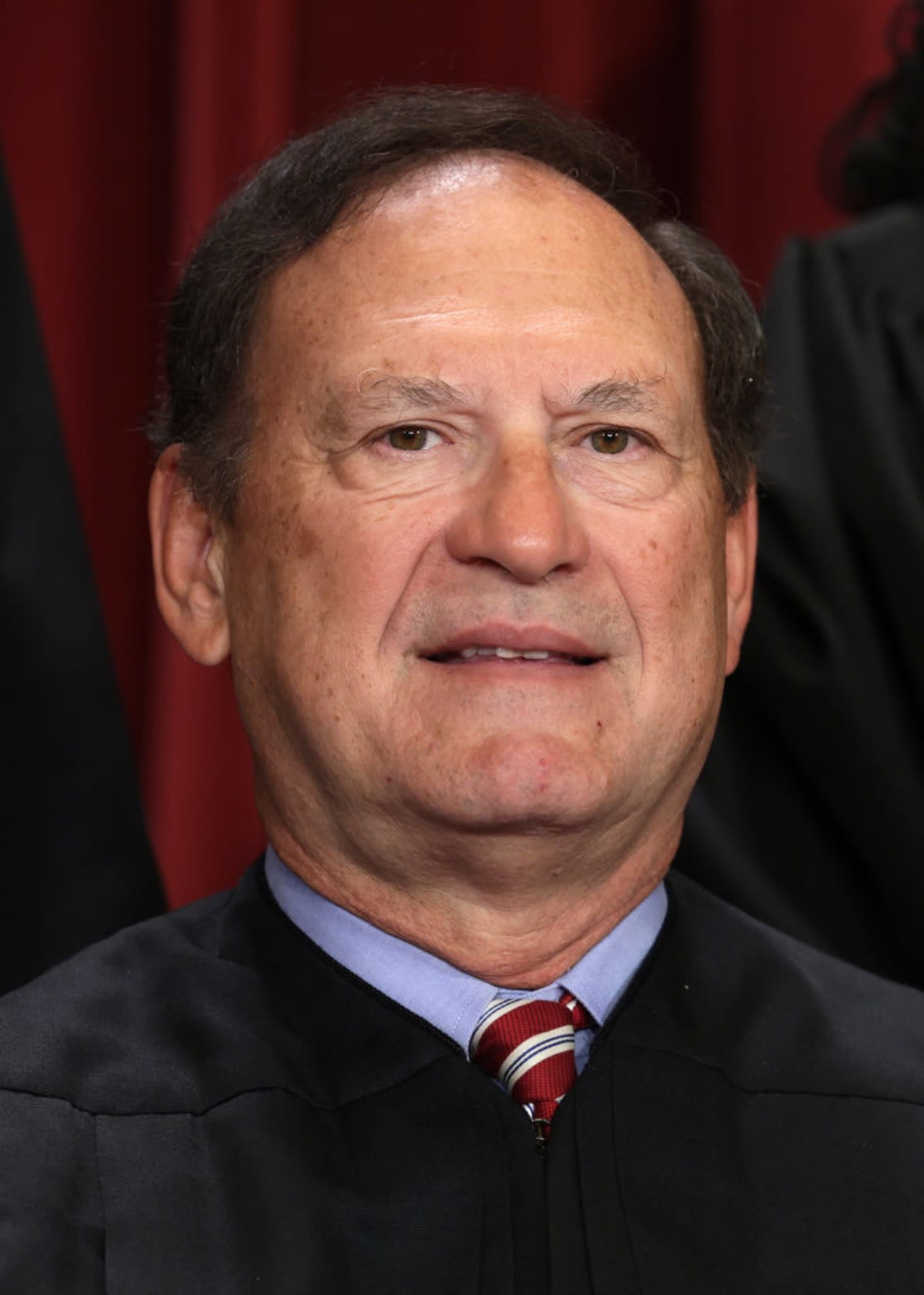
In 2019, under the Trump administration, the Justice Department announced this multibillion-dollar fine following an FTC investigation that revealed Facebook's deceptive practices regarding third-party access to users' personal information.
This investigation was a response to the infamous Cambridge Analytica data scandal, which implicated Facebook in serious privacy breaches.
Alito argued that the Biden administration "skillfully exploited Facebook's vulnerability," particularly when private negotiations failed to meet their demands.
He wrote that because "the White House had not gotten everything it wanted from" private conversations with Facebook, it went a step further, "turning up the heat in public."
"When Facebook did not heed their requests as quickly or as fully as the officials wanted, the platform was publicly accused of 'killing people' and subtly threatened with retaliation," Alito said.
"Not surprisingly these efforts bore fruit. Facebook adopted new rules that better conformed to the officials' wishes, and many users who expressed disapproved views about the pandemic or Covid–19 vaccines were 'deplatformed' or otherwise injured."
The majority opinion: Social media autonomy
Writing for the majority, Justice Amy Coney Barrett contended that social media platforms had already strengthened their content moderation policies independently, before any involvement from the government defendants.
"So it is 'difficult to see how' the plaintiffs' self-censorship 'can be traced to' the defendants," the court's opinion said.
“To establish standing, the plaintiffs must demonstrate a substantial risk that, in the near future, they will suffer an injury that is traceable to a Government defendant and redressable by the injunction they seek,” Barrett wrote. “No plaintiff has carried that burden.”
“The plaintiffs assert injuries based on the restrictions that countless other social-media users have experienced. This theory is startlingly broad, as it would grant all social-media users the right to sue over someone else’s censorship—at least so long as they claim an interest in that person’s speech,” Barrett added.

During oral arguments in March, the Supreme Court expressed caution about siding with the plaintiffs, who included five social media users. Both conservative and liberal justices worried about the potential implications of the relief sought, fearing it could set a precedent limiting government collaboration with the private sector on critical public safety matters.
A lower court had previously issued a preliminary injunction barring several White House officials from communicating with companies like Google, Facebook, and X about content moderation. The 5th Circuit Court of Appeals partially upheld this injunction but narrowed its scope to a smaller group of officials.
The Supreme Court, however, paused the injunction last year pending its decision.
The case also examined the practice known as "jawboning," where the government encourages private sector actors to undertake certain actions, often implying potential consequences for non-compliance, the New York Post reported.
Social media backlash to the ruling
The Supreme Court's ruling sparked a wave of backlash on social media, with many voicing their disappointment with the decision.
"SCOTUS is an absolute joke!" one posted on X.
"Unforeseen weakness," another wrote.
"What a joke ruling just 5 months before an election," someone else fumed.
"It just goes to show you that the spineless cowards value their prestige and are terrified of the threats against the court from the left," another commented.
It just goes to show you that the spineless cowards value their prestige and are terrified of the threats against the court from the left
— Ownenstein (@Ownenstein) June 26, 2024
This article contains remarks made on the Internet by individual people and organizations. MEAWW cannot confirm them independently and does not support claims or opinions being made online.

